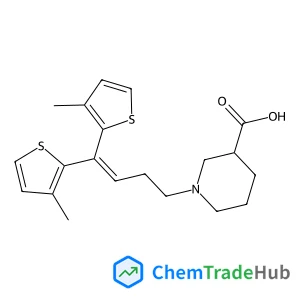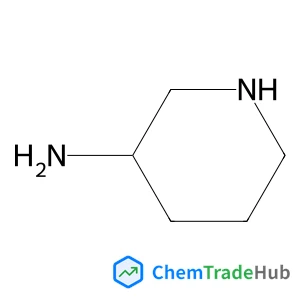Permselective ion electrosorption of subnanometer pores at high molar strength enables capacitive deionization of saline water
文献情報
Luca Cervini
Capacitive deionization with porous carbon electrodes is an energy-efficient water treatment technique limited to the remediation of only brackish water due to the severe efficiency drop at high molar strength. Combining experiment and simulation, our work demonstrates the ability of subnanometer pores for permselective ion electrosorption, which enables capacitive deionization for saline media with high concentrations. Molecular dynamics simulations reveal the origin of permselective ion electrosorption in subnanometer pores at high molar strength. Within the subnanometer range, carbon pores with smaller size become more ionophobic and then express a higher ability of permselective ion electrosorption. This can be understood by the effects of the pore size on the microstructure of in-pore water and ions and the nanoconfinement effects on the ion hydration. These findings provide a new avenue for capacitive deionization of saline water (seawater-like ionic strength) to enable the application of highly concentrated saline media by direct use of porous carbons.
関連文献
IF 6.222
Front coverIF 6.843
Carbon-based photocatalysts for enhanced photocatalytic reduction of CO2 to solar fuelsIF 6.367
Near infrared light activation of an injectable whole-cell cancer vaccine for cancer immunoprophylaxis and immunotherapyIF 6.843
Chemoproteomics-based target profiling of sinomenine reveals multiple protein regulators of inflammationIF 6.222
Illuminating endosomal escape of polymorphic lipid nanoparticles that boost mRNA deliveryIF 6.843
Photoactivatable fluorophores for durable labelling of individual cellsIF 6.222
Transition metal chemistry in synthetically viable alkaline earth complexes M(Cp)3− (M = Ca, Sr, Ba)IF 6.222
High-performance tungsten carbide electrocatalysts for the hydrogen evolution reactionIF 6.367
In situ growth of all-inorganic perovskite nanocrystals on black phosphorus nanosheetsIF 6.222
掲載誌
おすすめサプライヤー
 三原金瑞生物工程有限公司
三原金瑞生物工程有限公司 ブッカー・インダストリーズ
ブッカー・インダストリーズ 遼陽石化億方工業会社商品営業部
遼陽石化億方工業会社商品営業部 湖南省岳阳市云溪区道仁矶溶剂化
湖南省岳阳市云溪区道仁矶溶剂化 広東会連達化学工業有限公司
広東会連達化学工業有限公司 南京凯源生化工程有限公司
南京凯源生化工程有限公司 ポリシウス AG
ポリシウス AG 江苏常隆化工有限公司
江苏常隆化工有限公司 Gebrüder Schmitt GmbH
Gebrüder Schmitt GmbH ⬇チーム進化化学工業有限公司
⬇チーム進化化学工業有限公司










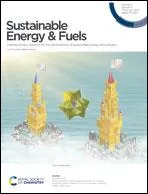
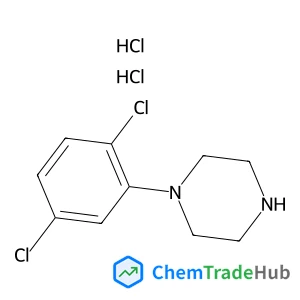
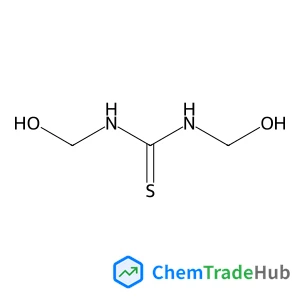
![24449-39-6 - 2,2,2',2'-Tetramethyl-2H,2'H-5,5'-bibenzo[h]chromene-6,6'-diol 24449-39-6 - 2,2,2',2'-Tetramethyl-2H,2'H-5,5'-bibenzo[h]chromene-6,6'-diol](/structs/244/24449-39-6-3118.webp)
